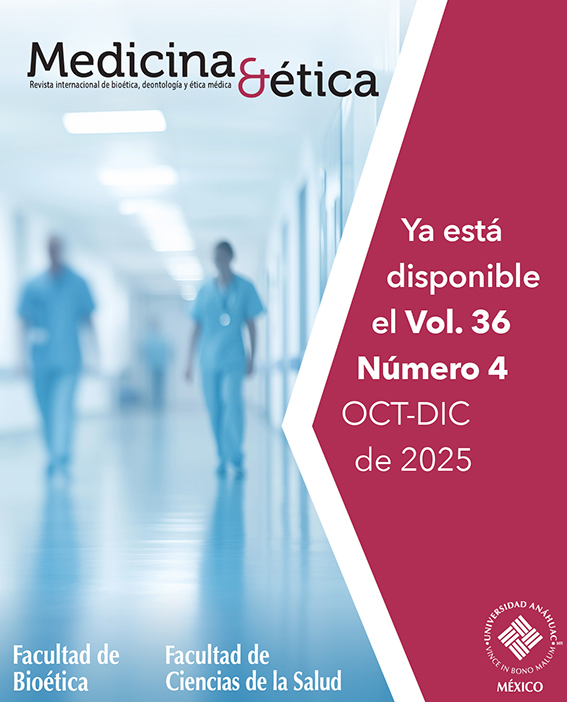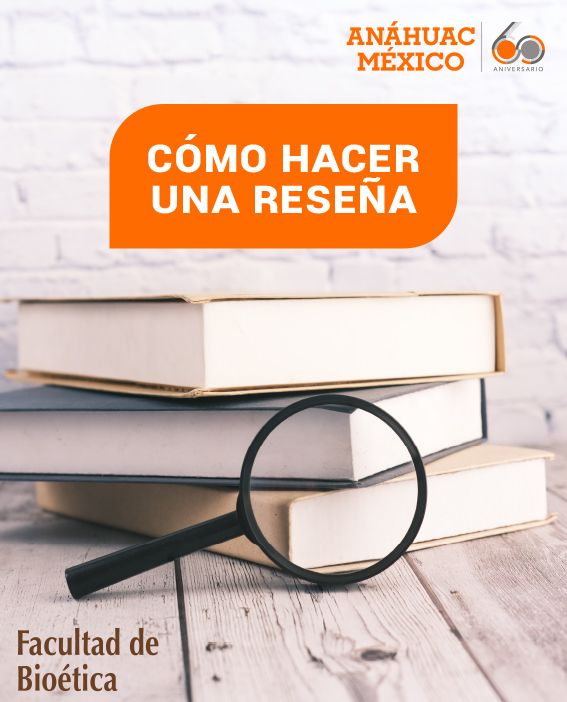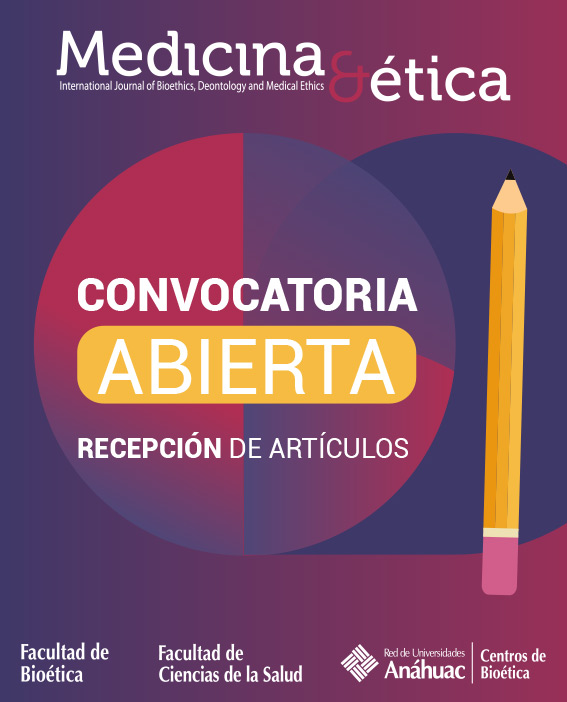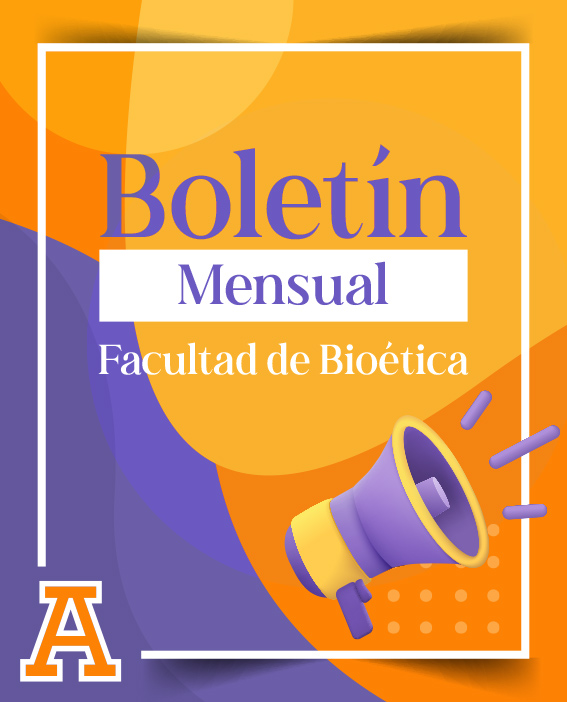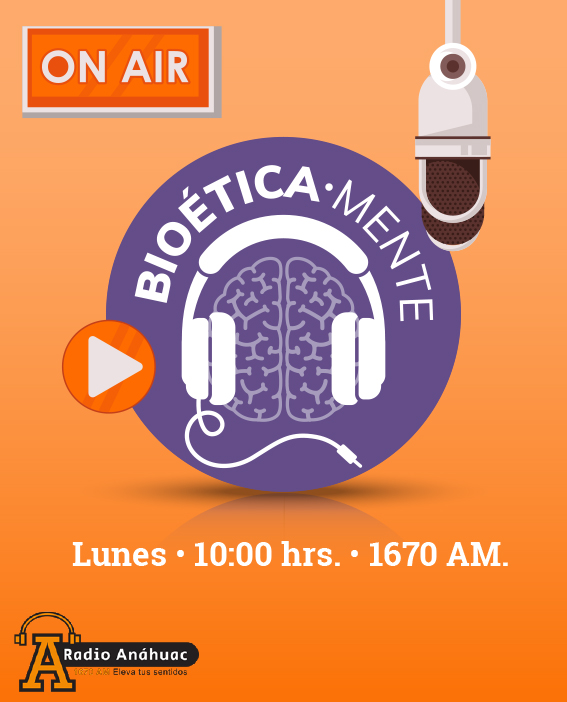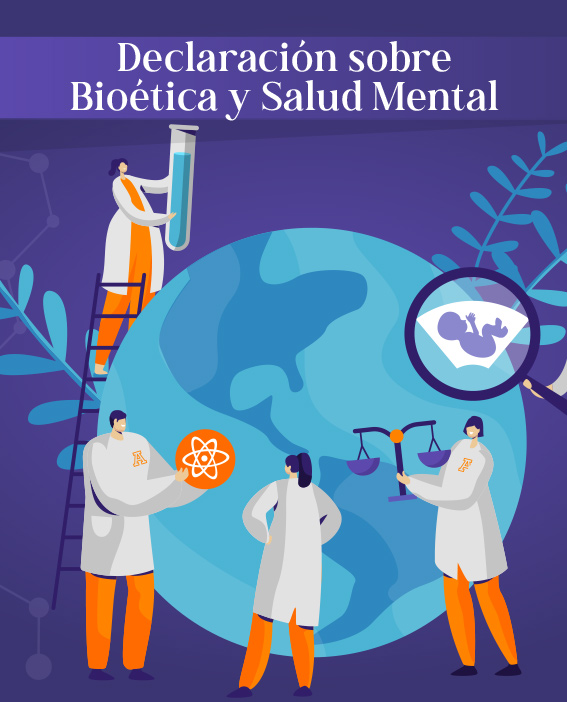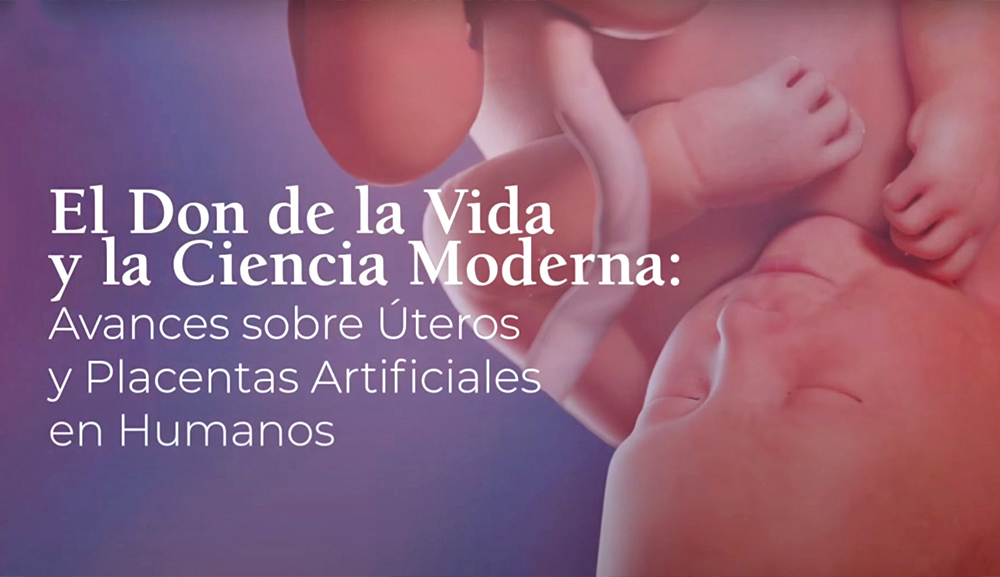
This event brought together international experts to reflect on the medical implications of this issue and the dignity of human beings from conception.
On June 25, 2025, the Pontifical University of Mexico, in collaboration with the Muro Foundation, held the symposium "The Gift of Life and Modern Science: Advances in Artificial Wombs and Placentas in Humans," a space for interdisciplinary reflection that addressed the most recent advances in technologies applied to human gestation and the bioethical dilemmas that arise around them.
The event was coordinated by the Center for Family, Bioethics, and Society Studies (CEFABIOS) and featured the participation of renowned experts in the fields of medicine, biology, philosophy, and theology.
During the meeting, which also included experts from our School of Bioethics, the potential and limitations of developing artificial uteruses and placentas were discussed. It was also emphasized that, while significant advances have been made, such as experiments conducted on sheep at the University of Michigan in which embryos have survived for extended periods in artificial devices, it is not yet possible to speak of fully functional artificial placentas, given the complexity of their structure and the processes involved in maternal-fetal communication.
Cardinal Willem Jacobus Eijk, a special guest at the event, explained the medical and ethical background of this research, emphasizing that, although it could benefit extremely premature babies, the possibility of a completely exogenous gestation for non-therapeutic purposes raises serious ethical questions about the meaning of motherhood and the instrumentalization of human life.
Dr. Fernando Urquiza, a physician from the Universidad Panamericana, reflected on the embryo as a patient, emphasizing that medicine must recognize that it treats not only the mother patient, but also the embryo patient. Along these lines, Dr. María de la Luz Casas Martínez delved into the maternal-fetal dialogue, highlighting the modifications, cellular exchanges, and immunological reactions that occur between mother and fetus from the earliest moments of gestation. She concluded that it is a living, biological, and human exchange, a form of communication that begins before birth and is fundamental to the mother-child bond.
Representing the School of Bioethics at Anáhuac University Mexico, Dr. José Alberto Castilla Barajas, Dr. Liliana Castro Castillo, and Father Fernando Fabó Martín, LC, attended. They shared final reflections on the centrality of the dignity of the conceived child, affirming that the child is a potential person from the moment of conception. They also highlighted the importance of the bond between mother and baby as a unique and unrepeatable process that is difficult to simulate using technological devices.
The symposium reaffirmed the commitment of the Pontifical University of Mexico and Anáhuac University Mexico to open spaces for reflection that integrate science, ethics, and spirituality to responsibly address the challenges posed by technological advancement in reproductive medicine.
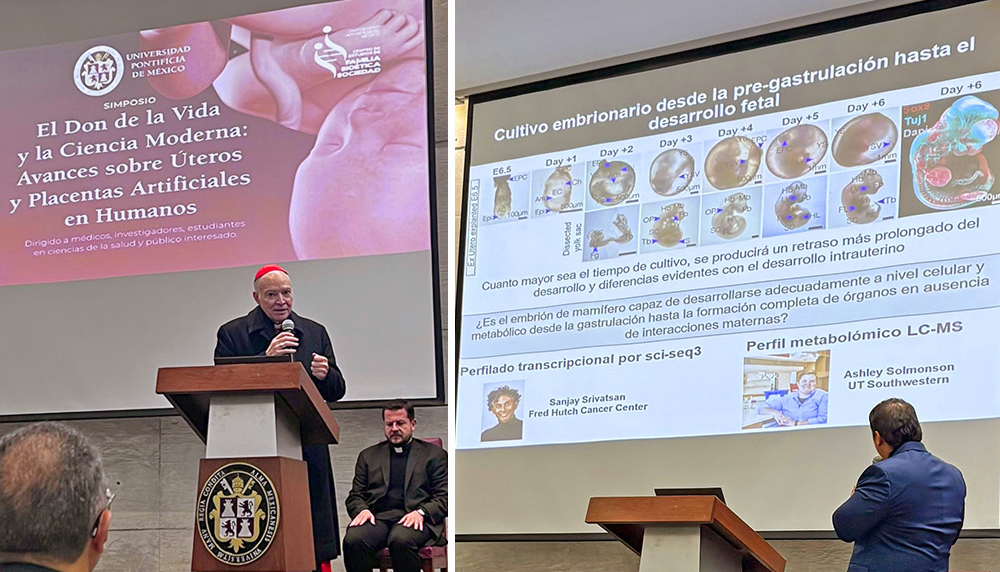
Learn more at:
https://youtu.be/b6PWCnXwzag?si=2IHkJ79cUvk5c0Yt
More information:
MPSS Victoria Abarzua
Facultad de Bioética
bioética@anahuac.mx

